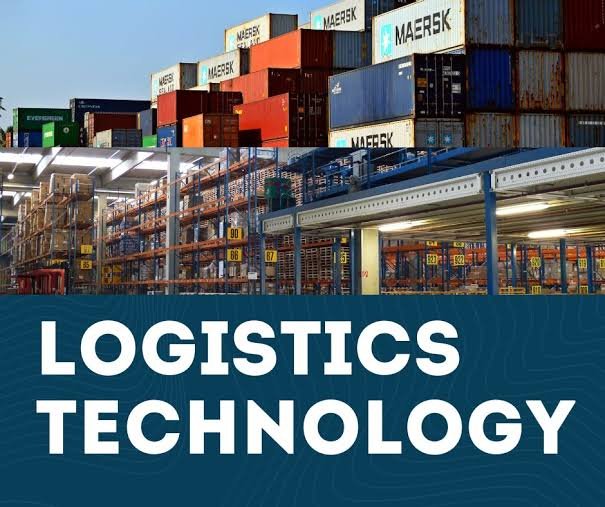In today’s fast-paced business landscape, the efficient management of supply chains and logistics has become paramount to success. Whether you’re a small startup or a global conglomerate, the integration of logistics technology is no longer a luxury; it’s a necessity. In this article, we’ll delve into the critical role of logistics technology and explore the game-changing benefits of third-party logistics (3PL) software.
The Changing Face of Logistics
Logistics, once perceived as a mere backend function, has evolved into a strategic component of business operations. The traditional methods of managing inventory, transportation, and distribution are no longer sufficient to meet the demands of modern consumers. Customers expect faster deliveries, real-time tracking, and seamless order fulfillment. To keep up with these expectations, businesses must harness the power of logistics technology.
The Crucial Role of Logistics Technology
1.Efficiency and Cost Reduction:
Logistics technology, including warehouse management systems (WMS) and transportation management systems (TMS), optimizes routes, minimizes storage costs, and reduces manual errors. This translates to significant cost savings for businesses.
2. Real-time Visibility:
With the advent of Internet of Things (IoT) devices and sensors, logistics technology offers real-time visibility into the movement of goods. This not only enhances tracking capabilities but also allows for proactive issue resolution.
3. Data-Driven Decision Making:
Analytics tools in logistics technology provide valuable insights into operations. Businesses can use this data to make informed decisions, optimize routes, and predict demand more accurately.
4. Scalability:
As businesses grow, their logistics needs evolve. Logistics technology solutions are scalable, adapting to the changing requirements of a company.
The Rise of Third-Party Logistics (3PL) Software
While in-house logistics operations are still common, many businesses are turning to third-party logistics providers (3PLs) to streamline their supply chains. This is where 3PL software comes into play.
1. Comprehensive Solutions:
3PL software offers a suite of tools that cover every aspect of logistics management, from order processing to last-mile delivery. This consolidation simplifies operations for businesses.
2. Expertise and Network:
3PLs bring their expertise and well-established networks to the table. Their industry knowledge, along with 3PL software, ensures efficient supply chain operations.
3. Scalability:
Just like logistics technology, 3PL software is scalable. This allows businesses to adapt to changing demand without the headache of restructuring their logistics.
4. Focus on Core Competencies:
By outsourcing logistics to 3PL providers and utilizing their software, businesses can redirect their resources and focus on their core competencies, such as product development and marketing.
The Future of Logistics
In the coming years, logistics technology and 3PL software will continue to evolve. The integration of artificial intelligence (AI), blockchain, and automation will further enhance efficiency and transparency within the supply chain. Businesses that embrace these advancements will be better positioned to meet customer expectations, reduce costs, and gain a competitive edge.
Conclusion,
The adoption of logistics technology and the utilization of third-party logistics (3PL) software are no longer optional for businesses aiming for success in today’s dynamic marketplace. These tools not only improve efficiency and cost-effectiveness but also enable companies to stay agile and responsive to changing customer demands. Embracing these technologies is not just a choice; it’s a strategic imperative in the modern world of business.
